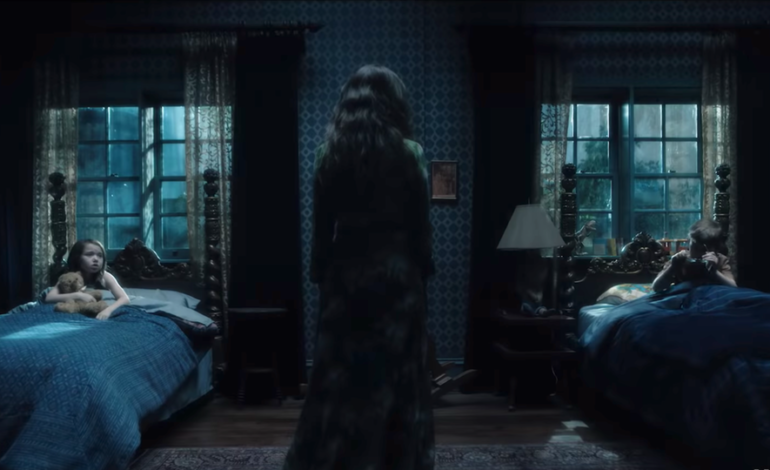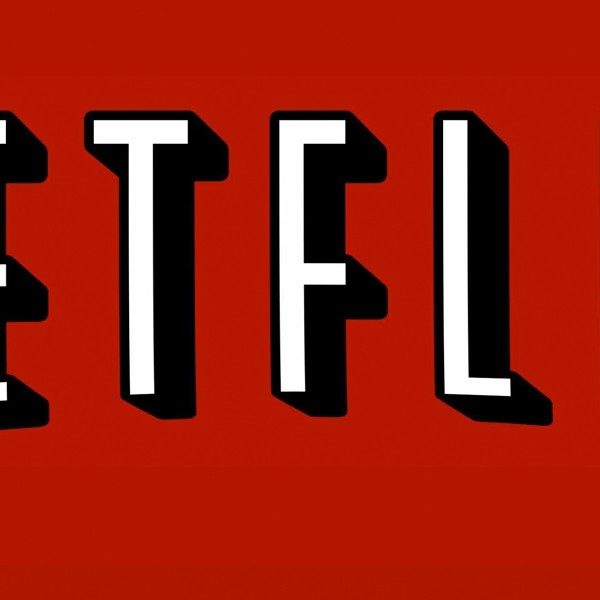

Netflix’s The Haunting of Hill House was a big hit in the horror department. Creator and executive producer of the series, Mike Flanagan, wanted to create “a sense of existential unease.”
Flanagan notes that every person has fears. Fear is “one of the most intense emotional reactions that’s ingrained in our DNA,” he explained. “So horror speaks to something primal, and once you tap into that, everything is amplified, and it’s a great canvas to explore the darker sides of our nature.”
Horror-themed movies and TV shows aren’t taken as seriously as dramas. Most of the time it’s just full of hockey-masked killers, demented nuns, or ghouls and goblins.
“That was one of my favorite challenges with this project — the genre has a history of not being appropriately understood,” said Flanagan. “[Horror] isn’t necessarily required to have the same integrity of characterization and theme that is expected from a drama. However, horror has an amazing power to take very heavy themes and mix them up in the aesthetic of the genre.”
It’s considered pretty normal for us, in society, to have stress. Everyone goes through hard times in their lives. Movies and TV shows have given us the ability to draw comparisons from the stories on-screen to our own personal lives.
“We gravitate toward entertainment that is scary or full of anxiety because ultimately, it ends,” said Flanagan. “These shows tell us that the intense moments in society that we deal with will come to an end, that we can sign up for this voluntary stressful experience since it’s got a very fixed duration — as opposed to the stress we deal with in real life. So the genre offers a great exercise for us to immerse ourselves in intense discomfort or fear and then have it be over.”
Explore season one of The Haunting of Hill House on Netflix.

